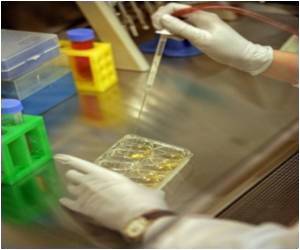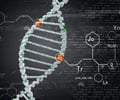
In a paper published online on Jan. 18 by the journal Nature, Dana-Farber Cancer Institute researchers have mapped out a mechanism by which micronuclei could potentially disrupt the chromosomes within them and produce cancer-causing gene mutations. The findings may point to a vulnerability in cancer cells that could be attacked by new therapies.
"The most common genetic change in cancer is the presence of an incorrect number of intact chromosomes within cancer cells -- a condition known as aneuploidy," says Dana-Farber's David Pellman, MD, the study's senior author. "The significance of aneuploidy has been hard to pin down, however, because little is known about how it might trigger tumors. In contrast, the mechanism by which DNA damage and broken chromosomes cause cancer is well established -- by altering cancer genes in a way that spurs runaway cell division.
"The new study demonstrates one possible chain of events by which aneuploidy and specifically 'exiled' chromosomes could lead to cancer-causing mutations, with potential implications for cancer prevention and treatment," says Pellman, who is a Howard Hughes Medical Institute investigator and the Margaret M. Dyson Professor of Pediatric Oncology at Dana-Farber, Children's Hospital Boston and Harvard Medical School.
Whole chromosomes can end up outside the nucleus as a result of a glitch in cell division. In normal division, a cell duplicates its chromosomes and dispatches them to the newly forming daughter cells: the original set to one daughter, the twin set to the other. For a variety of reasons, the chromosomes sometimes aren't allocated evenly -- one daughter receives an extra one, the other is short one. Unlike the rest of the chromosomes, these stragglers sometimes don't make it to the nucleus. Instead, they're marooned elsewhere within the cell and become wrapped in their own membrane, forming a micronucleus.
Advertisement















